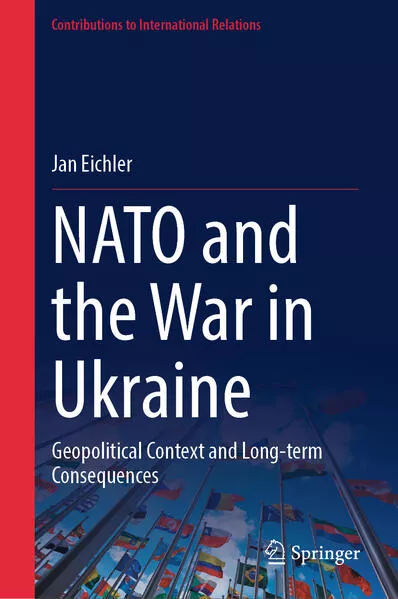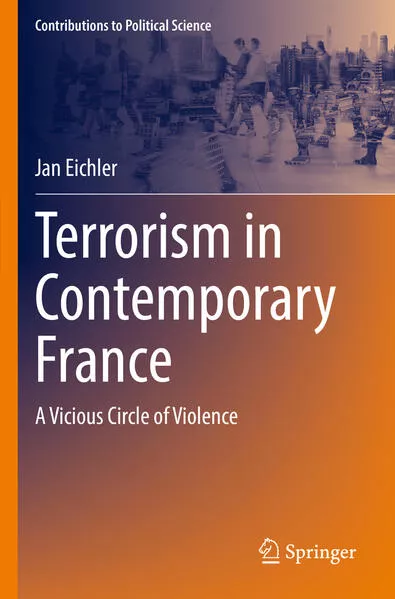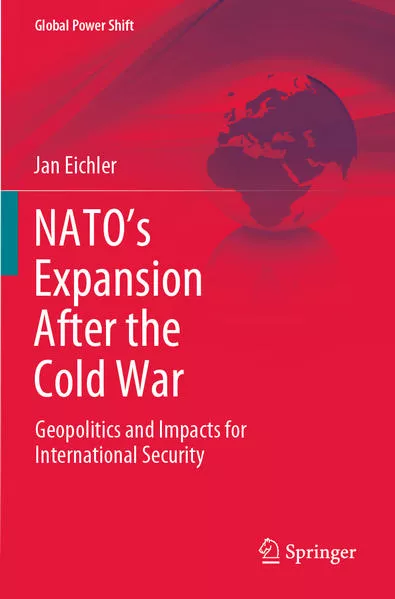
- Publikationen ca: 6
- Fragen & Antworten
Jan Eichler
NATO and the War in Ukraine
This book presents a fresh perspective on the geopolitical landscape surrounding NATO's enlargement, aptly termed "expansion by invitation." Looking beyond conventional narratives, it unravels the multifaceted outcomes of this process, extending beyond the initial optimism.
NATO and the War in Ukraine
This book presents a fresh perspective on the geopolitical landscape surrounding NATO's enlargement, aptly termed "expansion by invitation." Looking beyond conventional narratives, it unravels the multifaceted outcomes of this process, extending beyond the initial optimism.
Terrorism in Contemporary France
This book examines radical Jihad terrorism in contemporary France and sheds light on the vicious circle of violence, based on reciprocity. Building upon the theoretical heritage of Pierre Bourdieu, the book develops a methodology and a concept of the vicious circle of violence in France, based on three pillars: actors, dynamics, and effects.
Terrorism in Contemporary France
This book examines radical Jihad terrorism in contemporary France and sheds light on the vicious circle of violence, based on reciprocity. Building upon the theoretical heritage of Pierre Bourdieu, the book develops a methodology and a concept of the vicious circle of violence in France, based on three pillars: actors, dynamics, and effects.
Terrorism in Contemporary France
This book examines radical Jihad terrorism in contemporary France and sheds light on the vicious circle of violence, based on reciprocity. Building upon the theoretical heritage of Pierre Bourdieu, the book develops a methodology and a concept of the vicious circle of violence in France, based on three pillars: actors, dynamics, and effects.
NATO’s Expansion After the Cold War
This book analyses the expansion of The North Atlantic Treaty Organization (NATO) into the post-Soviet space after the end of the Cold War. Based on an extensive analysis of the literature and government documents, including doctrines, statements and speeches by the most influential decision-makers and other actors, it sheds new light on the geopolitical and geostrategic context of the expansion of the military alliance, and assesses its impact on international security relations in Europe.





